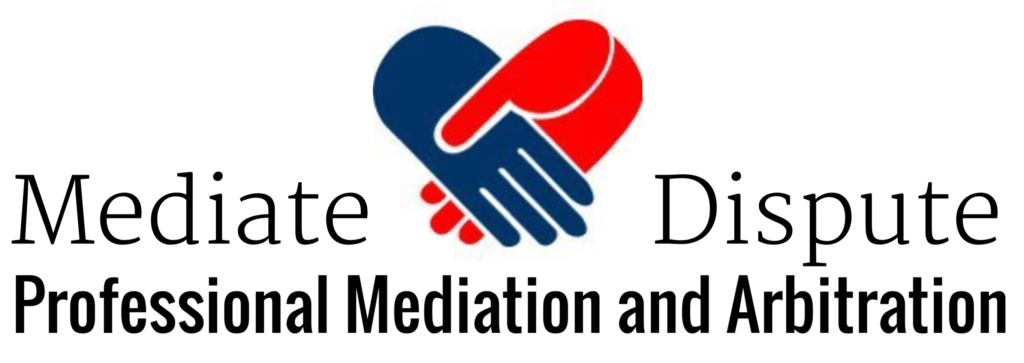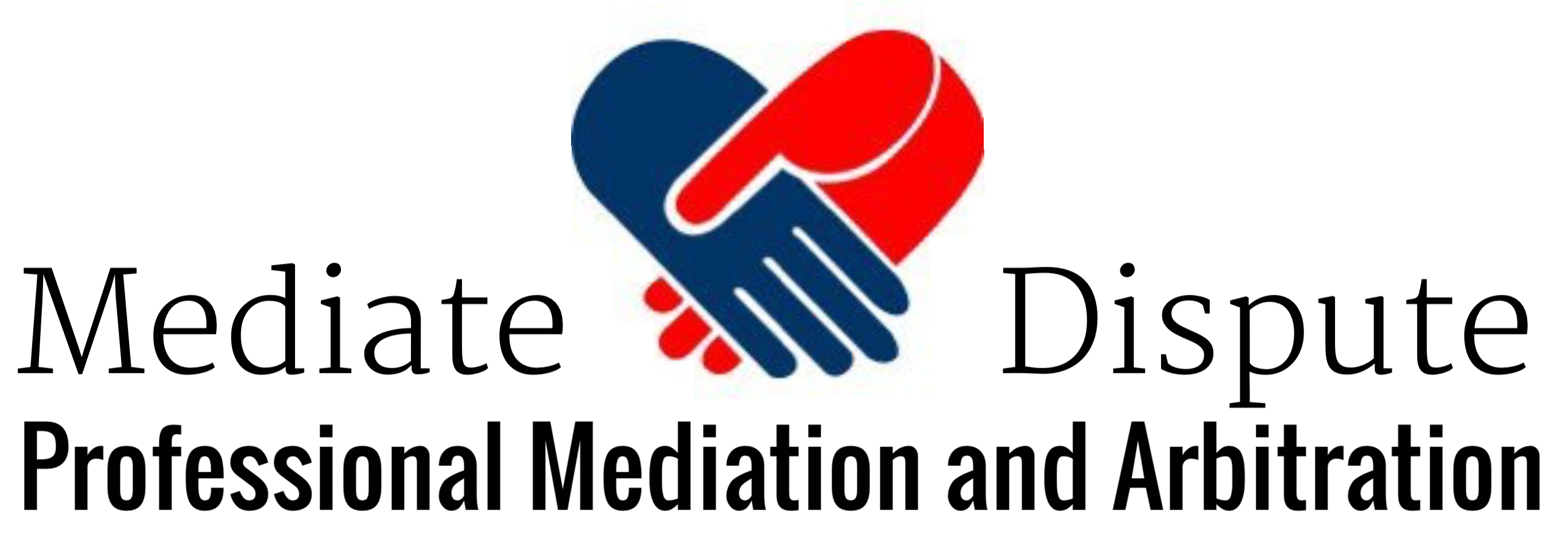
What is Arbitration?
Arbitration is essentially a private trial whereby an arbitrator – an impartial third party – hears the evidence brought forth by both parties and makes a binding decision. It is a form of alternative dispute resolution in which the parties resolve disputes outside the courts. Arbitration can be voluntary or it can be compelled under a contract or statute.
Selecting an Arbitrator
Arbitrators are trained professionals who have defined expertise in specific areas of arbitration, including employment, labor, construction, commercial, and international disputes. The parties are responsible for choosing their arbitrator. If the parties cannot agree on the arbitrator, an application can be made to the Superior Court of Justice to appoint the arbitrator.
Arbitration Versus Mediation
Arbitration and mediation are terms that are often confused and used synonymously but the two processes are quite distinct. While arbitration involves an arbitrator hearing the evidence and making a final decision, mediation is a negotiation between the parties with the assistance of a neutral third party. Mediators do not find fault or make determinations, they simply assist the parties with communications and resolution options.
How Does Arbitration Work?
In Ontario, the Arbitration Act, 1991 and/or the terms of an Agreement to Arbitrate generally govern the scope and procedure of the arbitration. The arbitrator must conduct the arbitration hearing in a manner that is fair to all parties. Parties must know their rights and responsibilities in advance so they may properly prepare and present their positions as the arbitrator cannot assist either party in that regard.
While arbitration is a less formal process than court based litigation, it is still an adversarial process and an arbitration award can be enforced through the Superior Court. It is very difficult to overturn an arbitration award and it can only be appealed on very narrow grounds so it is very important that the arbitrator be selected with care.
Step 1: Each side calls its witnesses to give evidence under oath, and the parties and the arbitrator may each ask the witnesses questions. All of the evidence and documents are to be disclosed to the other side in advance. Compared to traditional trials, arbitration can usually be completed more quickly and is less formal.
Step 2: At the end of each party’s evidence and argument, the arbitrator decides, on the facts and law, which side is successful. The onus or burden of proof is on the party commencing the arbitration to prove its case.
Step 3: When a party is successful, the arbitrator will then decide what remedy it is entitled to receive. If the party bringing the arbitration is unsuccessful, the arbitrator will dismiss the claim. Either way, it is likely that the losing party will end up paying a significant portion, if not all, of the other party’s legal and arbitration costs.
Note: Arbitration can proceed even if one of the parties does not attend the hearing although that does not relieve the party who commenced the arbitration of the burden of proving its case.
Step 4: After the hearing and usually within 30 days, the arbitrator issues an award that is in effect a judgment. Some awards simply announce the decision while more commonly the arbitrator gives reasons for the decision.
This outline is not legal advice and is provided for information only. If you have not already done so, you should consult with a lawyer with experience in arbitration for advice on both the legal and procedural aspects of the arbitration process.
For more information about mediate dispute’s services for you or your organization, please contact mediatedispute@gmail.com or 416-993-7654.
 Mediate Dispute Online Mediations and Arbitrations
Mediate Dispute Online Mediations and Arbitrations